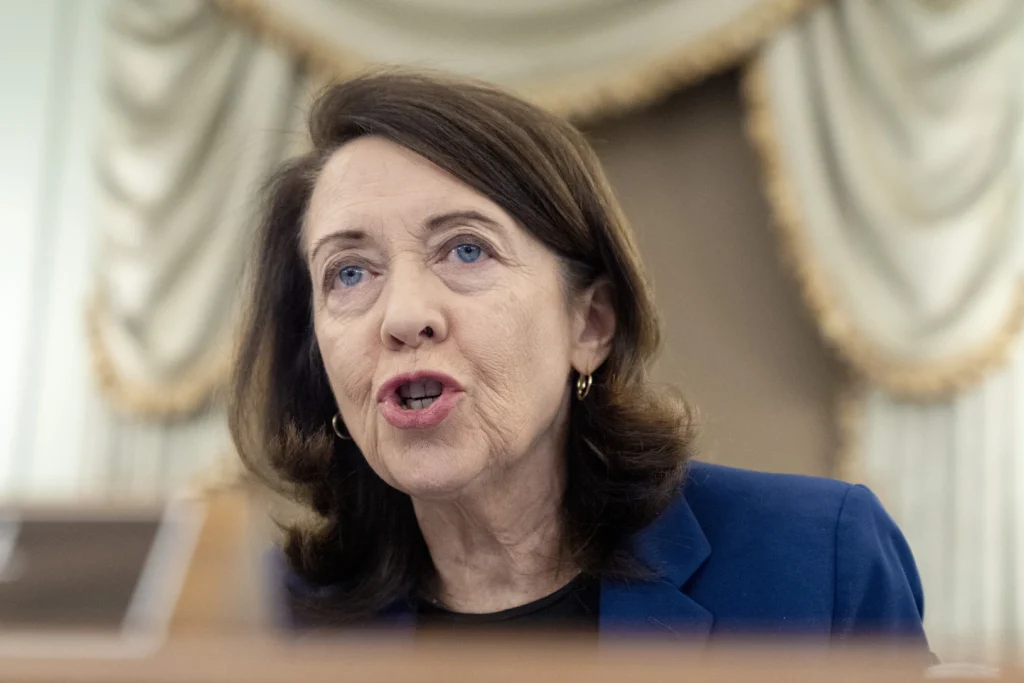The Battle for College Sports: A Growing Divide

A new bill backed by the NCAA and major conferences is creating a divide on Capitol Hill, with a Democratic senator warning that it could create an even greater imbalance in college athletics. Senator Maria Cantwell, D-Wash., voiced her concerns in a letter to the Senate Commerce Committee about the SCORE Act, a bill that would grant the NCAA limited antitrust protection and create a single national standard for athlete compensation. Cantwell argues the legislation would solidify a “distorted system” that rewards the biggest conferences—the Big Ten and Southeastern Conference (SEC)—at the expense of smaller schools.
The senator’s warning is supported by a new report that highlights the ever-widening financial gap. The top “Power Four” conferences are projected to receive an average of $63 million more than other leagues from the College Football Playoff in 2025 alone. This gap has increased by $20 million since the CFP began.
The bill’s critics point to the “Big 2” as the primary beneficiaries of the current system. The report notes that since 2023, the Big Ten and SEC have increased their spending on men’s basketball by roughly 70%, which coincided with a surge in their at-large bids for the March Madness tournament last season. This financial dominance, according to the report, could lead to the top conferences demanding a greater share of TV revenue or even leaving the NCAA entirely, which would eliminate the beloved “Cinderella stories” of March Madness.
While the SCORE Act has bipartisan support in the House, it’s expected to face a difficult path in the Senate. The growing debate over college sports policy has also drawn interest from figures outside of government, including billionaire Cody Campbell, a Texas Tech regent, who is advocating for legislation that would prevent conferences from pooling TV rights. Though Cantwell’s report doesn’t mention Campbell’s proposal, his concerns about an unbalanced playing field echo her own.

